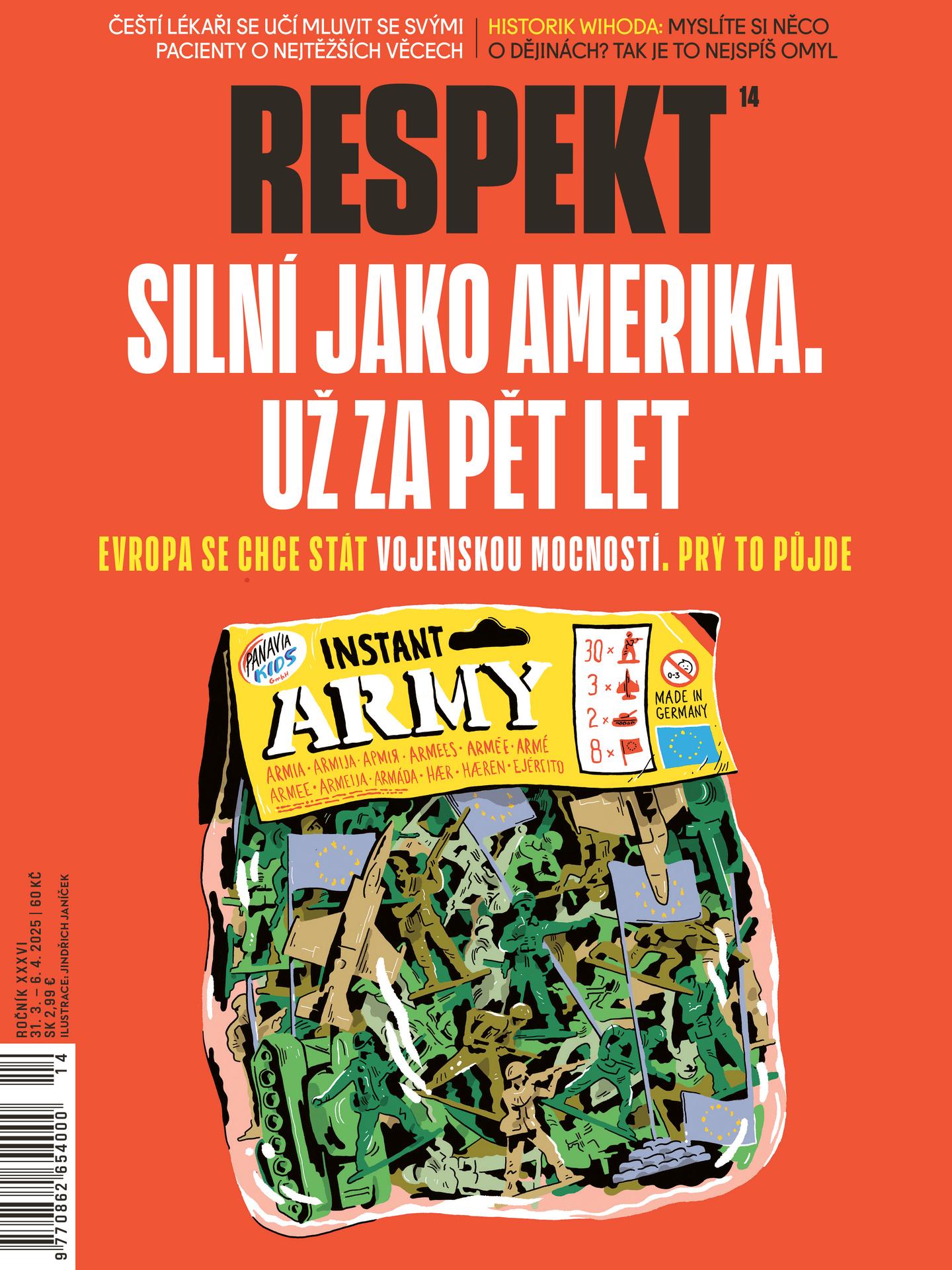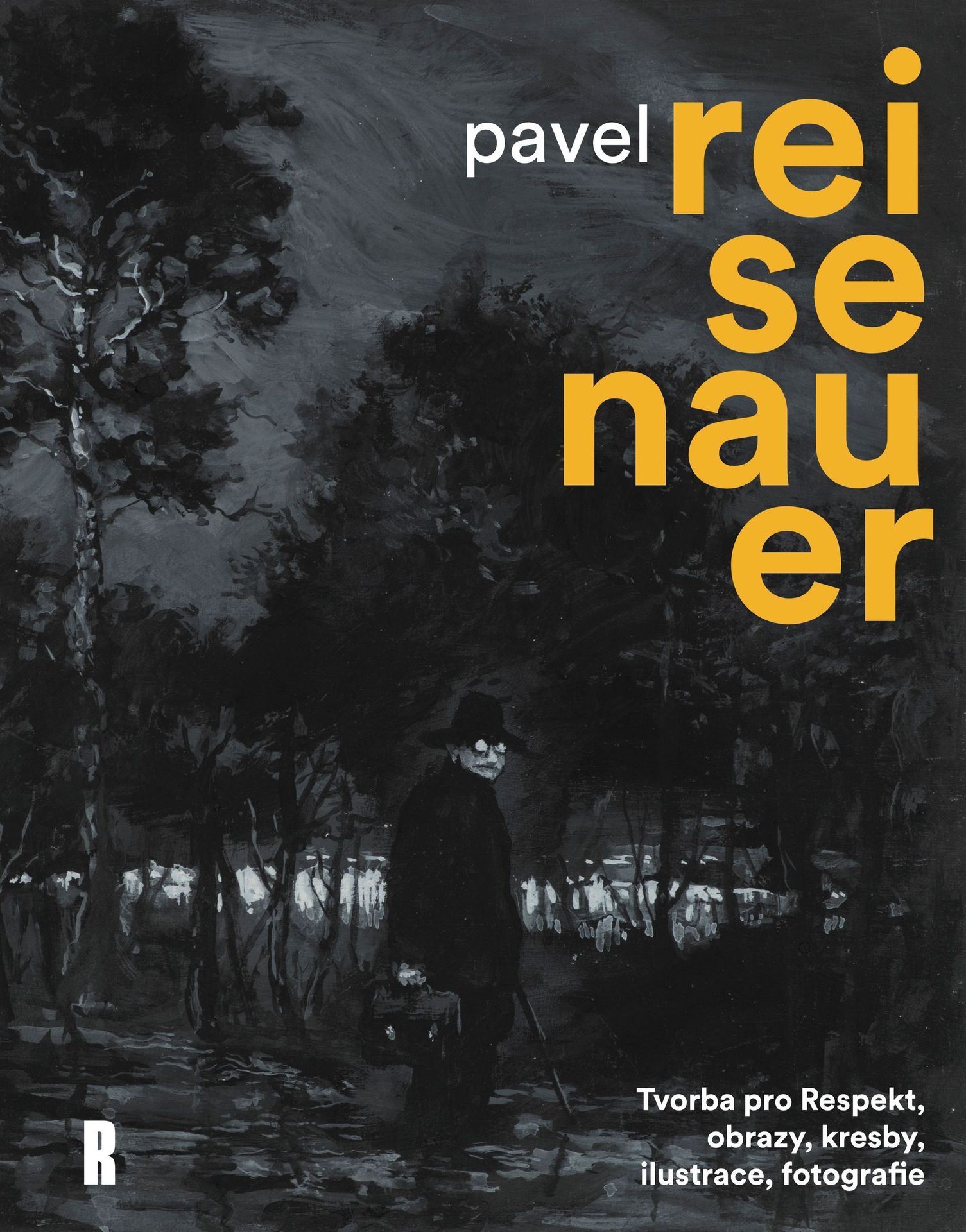Do journalists need a web sheriff?
Czech online journalism is slowly emerging from the role of a small child that's not taken very seriously by its older siblings. New servers like Aktuálně.cz and iDNES.cz are showing just how strong online journalism can be.

Czech online journalism is slowly emerging from the role of a small child that's not taken very seriously by its older siblings. New servers like Aktuálně.cz and iDNES.cz are showing just how strong online journalism can be. But it remains a common view that standards of quality and ethics are lower on the web than in other media. An important step toward reaching maturity could be the introduction of an ethics code for online journalism.
Aleš Miklík, editor-in-chief of Lupa.cz, came up with the idea to cultivate journalism on the internet. „If we could create an ethics code for internet journalists based on open discussion among experts and the journalists themselves,“ he writes in a commentary at his site, „news on the web could become much more organised, with servers choosing to adhere to the code.“ The ethics code wouldn't be compulsory for everyone writing on the web; it would be a voluntary badge of pride and a manifesto, showing that this medium can also set high standards.


The idea to create such a code has drawn a mixed response. In a discussion below the Lupa.cz commentary, Tomáš Bella, editor-in-chief of SME.sk, the biggest Slovak news server, immediately pledged to take part in the project. iHned editor-in-chief Daniel Dočekal, however, is more sceptical. „Journalism is simply journalism. If ‚online journalism‘ has some problems, we don't need some sort of special solution. We need to approach those problems the same way we would approach them in traditional print journalism,“ Dočekal writes in his personal blog.
A closer look at the current situation supports Dočekal's argument. Online journalism already has higher standards than is generally believed, and mechanisms are already in place to deal with its most serious problems. A typical problem that plagues journalism on the web is theft of articles. But the Syndicate of Czech Journalists already has an ethics code that addresses this issue. Plus, there are copyright laws. Another common problem is some news servers' unwillingness to use hyperlinks or ― God forbid ― link to articles on a competing server. But an ethics code would hardly resolve this.
So does online journalism need its own code, or can it make due relying on existing ethical guidelines and common sense? „The internet has its own pitfalls that are not covered by old ethics codes,“ Aleš Miklík says. He points to the dilemma over whether it is ethical to link to footage depicting murderous terrorists, and the debate over moderating readers' discussions under blog entries. But Miklík is also aware of his proposed project's weaknesses. No one knows if enough online servers would agree to adhere to the new code or, just as important, who would enforce it. And what sort of authority would this „web sheriff“ have? After all, that is also the weak spot of the Syndicate of Czech Journalists' ethics code.
The birth of an internet code of ethics is still far off, though. „It's just an idea,“ Miklík says. Experts and professionals must first discuss the issue and then try and come to some sort of a consensus on what such a code should look like. „In any case, the time is ripe to start discussing how to cultivate and set apart online media,“ Miklík says.
This article originally appeared in Issue 32 of the weekly Respekt, published 6 August 2007.
Pokud jste v článku našli chybu, napište nám prosím na [email protected].










